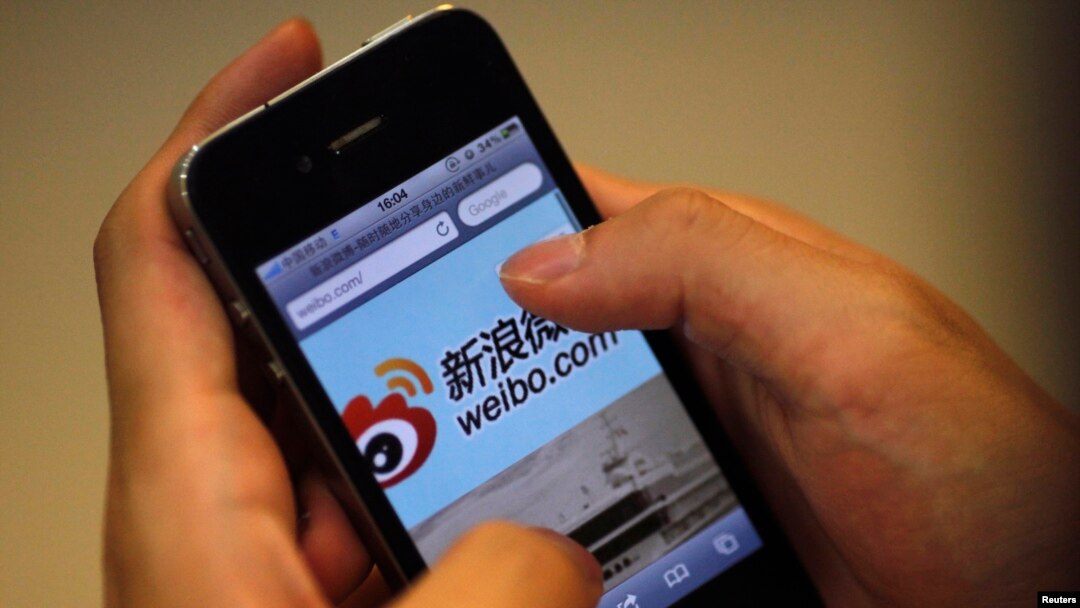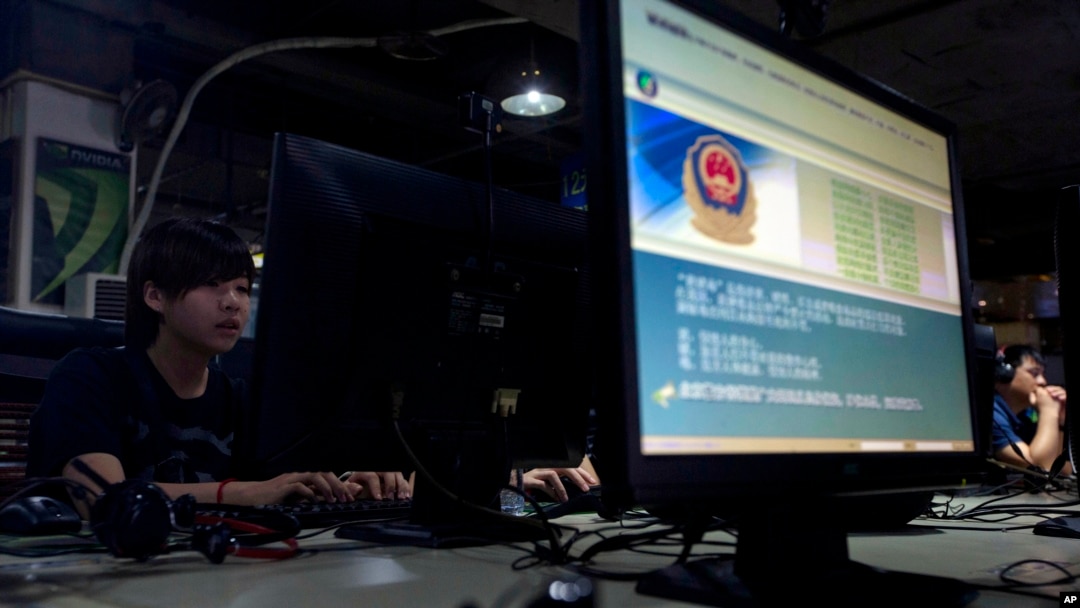China’s goal of creating a nationwide "social credit system" which would give every individual a credit score based on their financial and social histories, may be the latest tool for the Communist Party to control journalists who criticize the party or the government.
By combining the hard numerical financial analysis familiar to many people in developed nations with an analysis of political, legal, and online activities of individuals, the Chinese government plans to issue a score that reflects what best be described as a person’s trustworthiness. A high score might result in being able to rent a car without a deposit or a lower mortgage rate. A low score might result in penalties such as higher rents, fewer job opportunities, travel restrictions, and curtailed education options for an individual’s children.
While the system would apply to all citizens, a report issued by the Committee to Protect Journalists (CPJ) a week ahead of World Press Freedom Day on May 3 featured an article by Yaqui Wang, CPJ’s former Asia associate that explored how China’s scoring system could be used to repress media freedom and punish journalists who do not toe the party line.
A 2014 government document concerning the creation of a nationwide "social credit system" states that the system would evaluate individuals’ credit history and online activities and blacklist those "engaging in online swindles" and "rumormongering", and calls for taking measures against those blacklisted individuals.
The system is a significant concern because China’s system of credit scoring "could result in scenarios in which journalists who write or speak critical of the government face direct, personal financial consequences," wrote Wang.
Steven Butler, Asia program coordinator for the Committee to Protect Journalists, told VOA: "It’s a way of punishing people who fall out of the side of what the Communist Party thinks is acceptable behavior. And that includes people expressing opinions online or elsewhere. It’s very insidious because of the sweep of the methodology and the fact that this information is basically made public."

A man holds an iPhone as he visits Sina's Weibo microblogging site in Shanghai May 29, 2012.
Wang says that some journalists and observers say that while a system exposing dishonest and inappropriate behavior may be welcome, they are concerned that the system could easily be manipulated to monitor journalists who criticize -the government and force them into self-censorship.
She says that China’s censorship goes beyond the usual tactics of removing journalists’ and writers’ reports and articles, shutting down websites and detaining journalists, and it also includes upending their daily activities and limiting their career opportunities.
Wang mentioned Liu Hu, a New Express reporter, who was detained and sentenced for one year for exposing corrupt dealing of government officials on Weibo, China’s Twitter-like social media platform. Liu told CPJ that he had difficulty finding work after a year in prison.
It’s not clear how the credit scoring system will be implemented or how a person’s score will be determined. Wang says some people doubt that the system will gain much credibility among Chinese people.
But for some, the chill is there.
"We don’t know how exactly it will be played out. It’s being used for other purposes we would consider to be possibly more benign, but there’s no indication that the government in China is going to restrain itself. It could have new method of controlling people," said Butler.
This report was produced in collaboration with VOA's Mandarin Service.


